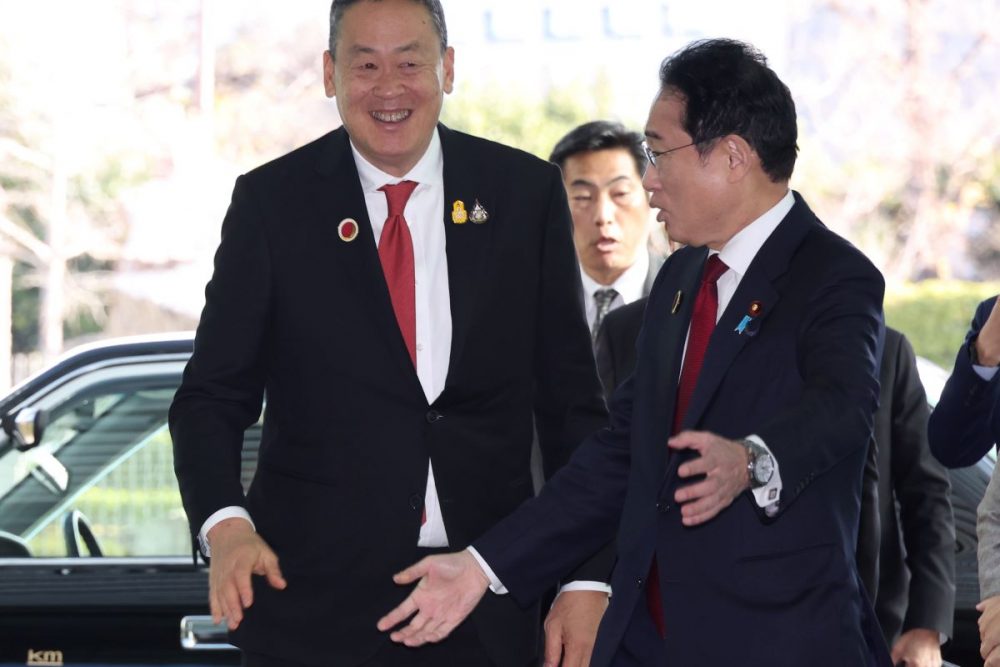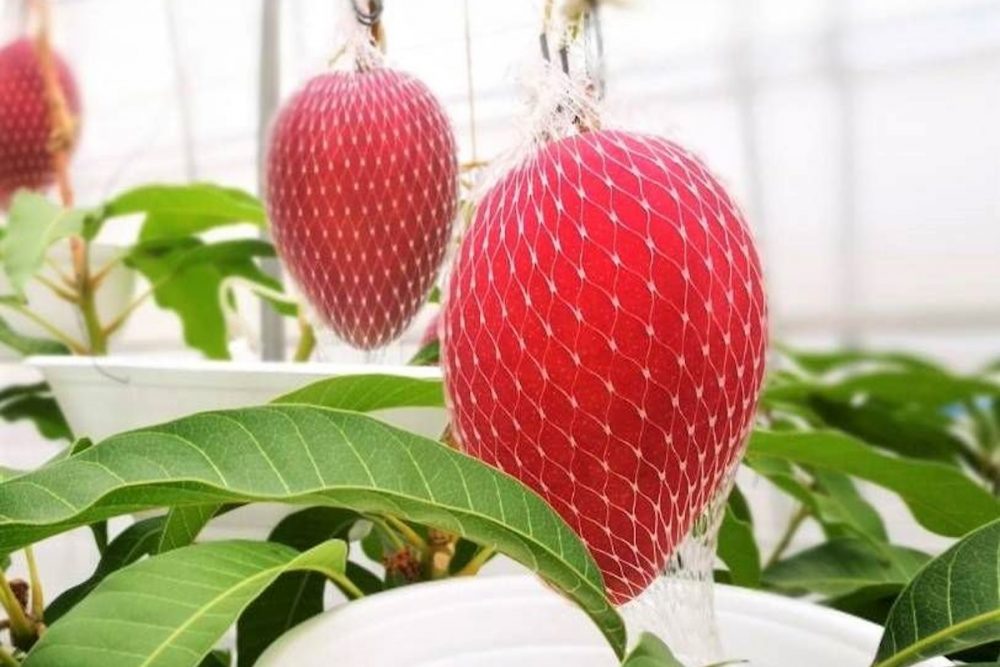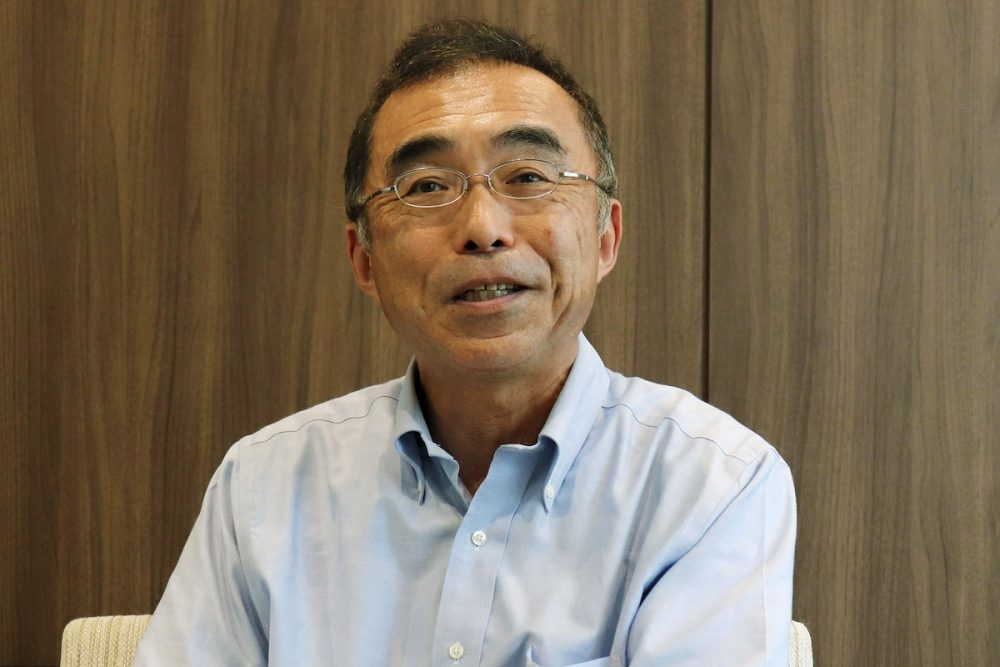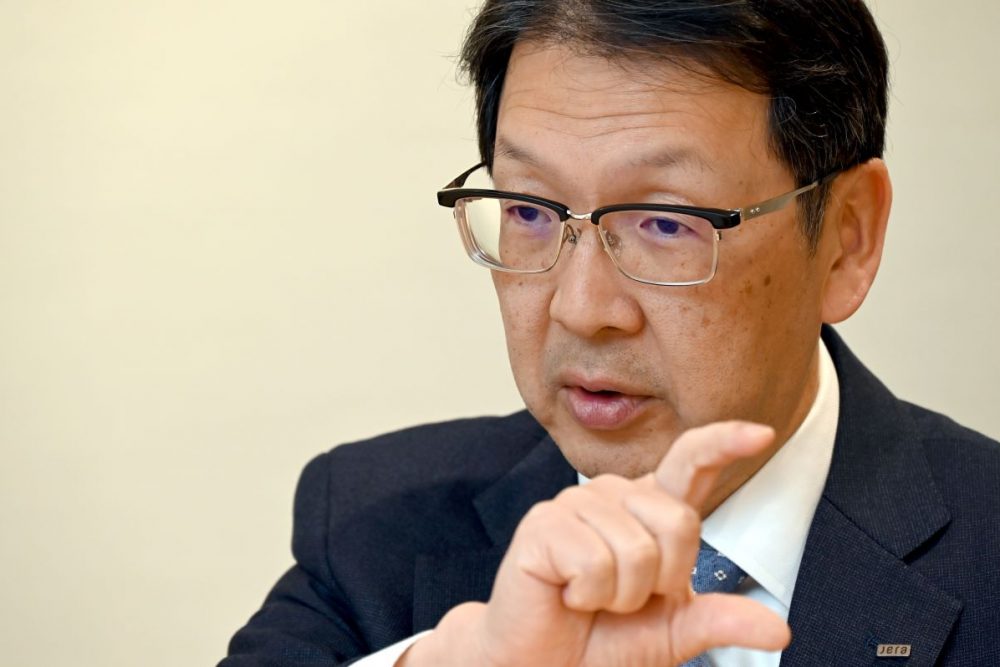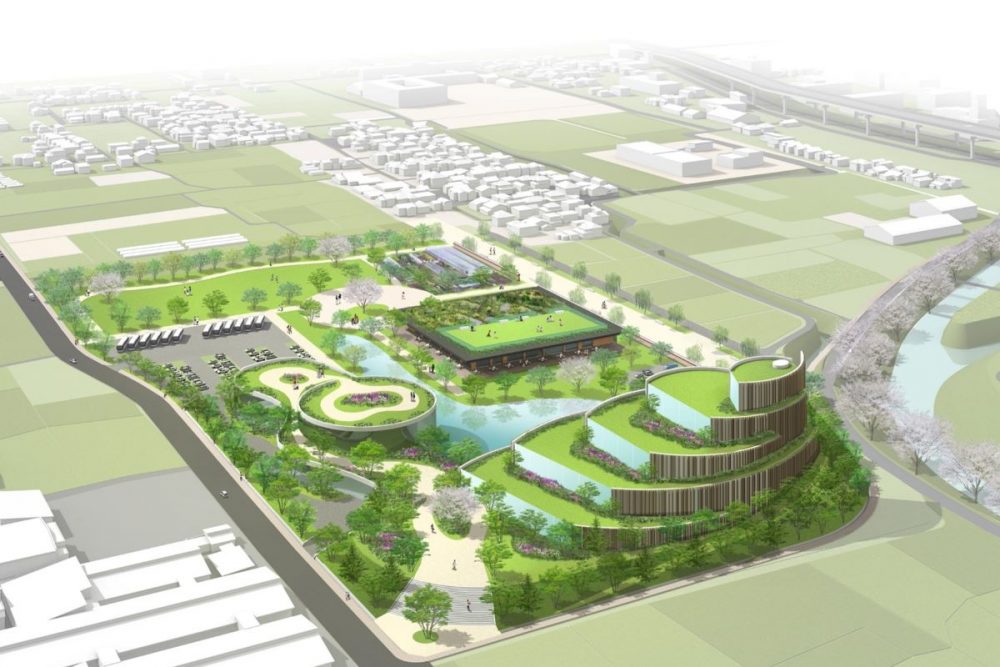[Vietnam! Moving Ahead Together] Daibiru's CornerStone Building Sets a Leading Example in Hanoi
Daibiru Corporation's CornerStone Building serves as an exemplar of environmental efforts and customer-oriented business in Hanoi's office building market.
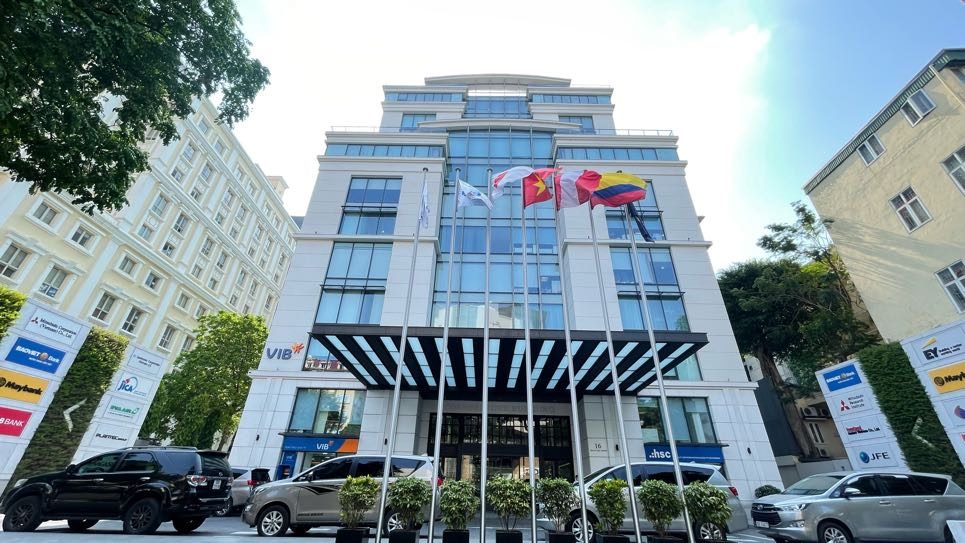
このページを 日本語 で読む
While browsing a Vietnamese news website one day, I came across the following headlines.
"Hanoi office building wins Third Prize in the renovation category of the Energy Efficiency Award in Industry and Construction!"
"Hanoi office building receives highest Five Stars in Hanoi's Green Energy Building Award!"
The winner was the CornerStone Building. It was recognized with Vietnam's most prestigious environmental awards, bestowed on office buildings that are actively working on environmental measures.
Owned and operated by the Daibiru Corporation, known for its iconic Osaka headquarters, the CornerStone Building is the company's first foray into Hanoi.
A Grade-A office building, CornerStone is well known to anyone involved in the real estate brokerage business in Hanoi. Its tenants include major Japanese companies listed on the Tokyo Stock Exchange Prime Market, as well as Japanese independent administrative institutions such as JICA and JETRO.
The building's occupancy rate is an astounding 99%. Even amid the pandemic, there was no significant downturn. Rather, companies vigilantly wait for openings in this most popular office building in Hanoi.
After reading about CornerStone's environmental efforts and highest-level certification from the city of Hanoi, I decided to pay a visit to learn more.
First Office Building in Hanoi to Install Solar Power System
"We are the only office building in the whole of Hanoi that has installed solar panels on the roof to generate our own electricity from renewable energy sources," says Yu Okamoto, General Director of Daibiru Csb Co Ltd, the subsidiary of Daibiru Corporation that owns and operates the CornerStone Building.
Okamoto arrived in Hanoi in May 2022. After taking over from his predecessor, he oversaw the completion of the solar power generation system's installation.
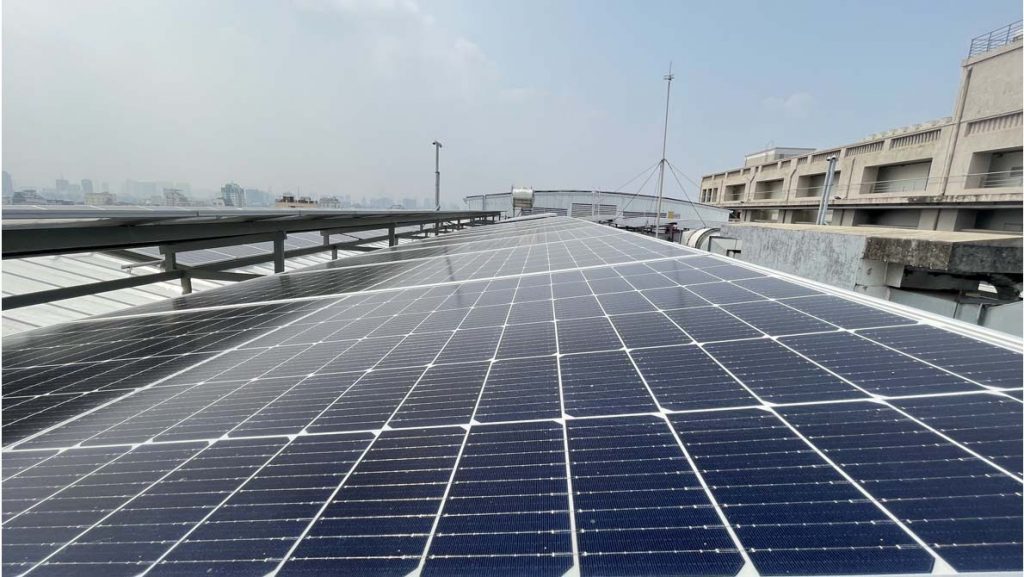
The system is expected to generate 3% of the building's total annual power consumption.
A large monitor has been installed beside the reception desk on the building's first floor. The aim is to provide "visualization" of the amount of electricity generated on a daily basis.
While installing solar panels incurs costs, it is not that difficult. I wondered why none of the numerous other office buildings were interested in doing so. "Most building owners still view the use of electricity derived from renewable energy sources in simple terms of cost," Okamoto notes.
In Vietnam, where economic development is the top priority, allocating expenses for environmental measures is still not a common business management decision.
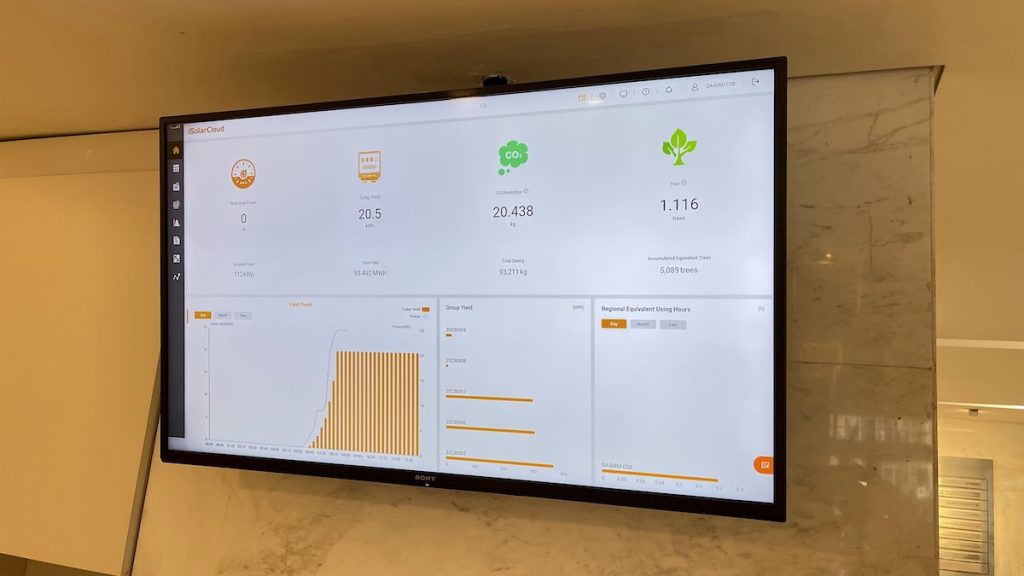
However, at COP26 in November 2021, the Vietnamese government declared its aim to achieve net zero greenhouse gas emissions (carbon neutrality) by 2050. Japan and Vietnam share this same goal.
Of course, achieving this goal would be near impossible without financial and technical support from foreign capital. It is against this backdrop that Daibiru received environmental awards.
And from an operational standpoint, Daibiru's move to incorporate renewable energy seems to have been exceptionally effective in Hanoi, where the supply and demand of electricity are tight.
Using I-RECs for CO2-Free Electricity
Daibiru's environmentally oriented management perspective was born out of the company's 100-year history. Since its founding in 1923, Daibiru has adhered to its "constructing buildings, creating towns" philosophy.
By being "tenant-oriented" the company aims to bring about benefits for the tenants who make up the "towns" it builds.
"The headquarters of Japanese companies demand the same environmental measures from their Vietnamese subsidiaries as they do from their counterparts in Japan. However, Vietnamese companies here do not place much importance on them. In this context, our Japanese tenants bear a considerable cost when collaborating and competing. So, we decided to put environmental measures in place first and let our tenants reap the benefits," Okamoto explains.
Okamoto opted to convert all electricity used in the CornerStone Building to CO2-free by September 2022. Here is how.
Currently, rooftop solar panels are expected to generate 3% of the building's electricity.
If the remaining 97% could be covered by electricity derived from renewable energy sources, it would be considered 100% CO2-free.
However, Vietnam Electricity (EVN), which is responsible for supplying electricity to Hanoi, is of course not able to generate all of its power from clean energy.
Therefore, Daibiru opted to purchase international renewable energy certificates (I-RECs).
This system to develop power generation companies using CO2-free energy sources such as wind and solar power is spreading around the world.
Okamoto explains that by purchasing renewable energy certificates for the remaining 97%, the company can provide a "100% CO2-free" office environment.
Accordingly, tenants can keep pace with trends to embrace the SDGs led by their environmentally-conscious Japanese headquarters.
"Almost all of our Japanese companies are pleased," Okamoto reports. "Some of our Vietnamese tenants have asked, 'What's an I-REC? Is that good?" Okamoto laughs.
The reasons why Japanese companies are eager to get a spot in the CornerStone Building are becoming more and more apparent.
More Reasons for CornerStone Building's Popularity
There are two other "tenant-oriented" aspects of the CornerStone Building that I would like to share with you.
The first is the installation of Toto Washlets, which takes the "customer-oriented" approach to a new level.
"It was my predecessor's idea. I checked around, but I've never heard of another example of installing Toto Washlets on this scale in an office building. During the pandemic, we had them installed in all the restrooms in the building," Okamoto explains.
Washlets are luxury items that are yet to be installed even in airports in Vietnam. It is quite the exception that they have been installed in a private office building.
The second is the presence of the Kaiba Japanese restaurant operating on the top floor.
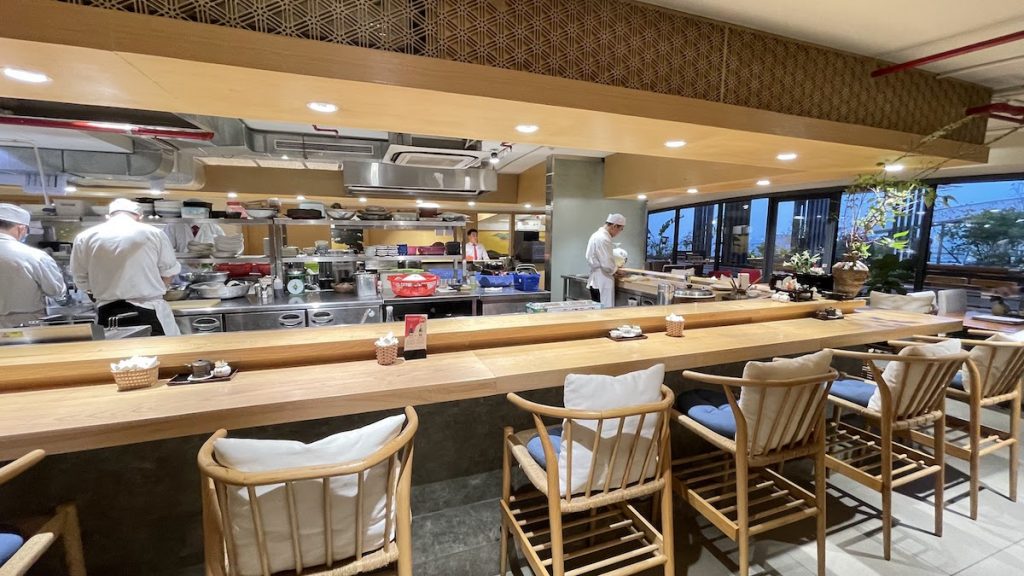
In Japan, it is commonplace to see restaurants operating in the basements of office buildings. But here in Vietnam, fire laws prevent offices and restaurants from sharing building space.
While cafes are allowed, it is nearly impossible to refurbish space in an office building for a restaurant that uses fire for cooking.
However, after persistent negotiations, the company was able to obtain permission to open the restaurant, which is now thriving.
Remaining 'Customer Oriented'
CornerStone Building is celebrating its 10th anniversary this year. I asked about future milestones.
"Our goal is to continue to add value to the building so that our tenants will remain over the long term," Okamoto answers.
With the rising cost of electricity in Vietnam in recent years, the company will first implement measures to reduce utility costs designed to help its customers.
Options include improving insulation by renovating the building's window frames and switching to LED lighting throughout the building. (LEDs have already been installed in some parts of the building.)
The company is eager to take any action possible.
The Tomibun Japanese minimart has been a welcome addition to the first floor of the building. The shop offers a wide selection of prepared lunches and late-night snacks.
The company is also considering other improvements, including the installation of additional solar panels on some of the extra space on the rooftop.
"While we are still in the conceptual stage, we would like to have a building to follow the CornerStone Building," Okamoto says.
The specific location has yet to be decided. But no matter where it is built, the Daibiru brand is already firmly established in the CornerStone Building. Even if the rent is a little high, a new building would no doubt attract a large number of tenants.
"My time here in Hanoi will likely be five years at the most," Okamoto remarks. "But there are still many things I want to do, so it could be longer" he adds with a smile.
このページを 日本語 で読む






